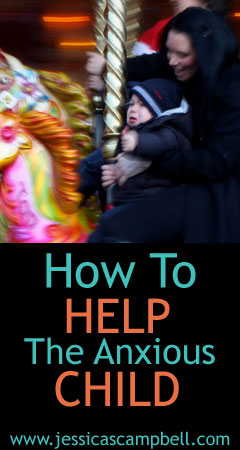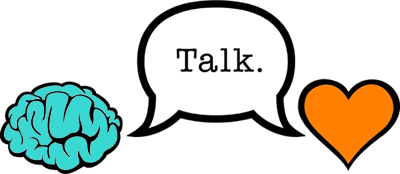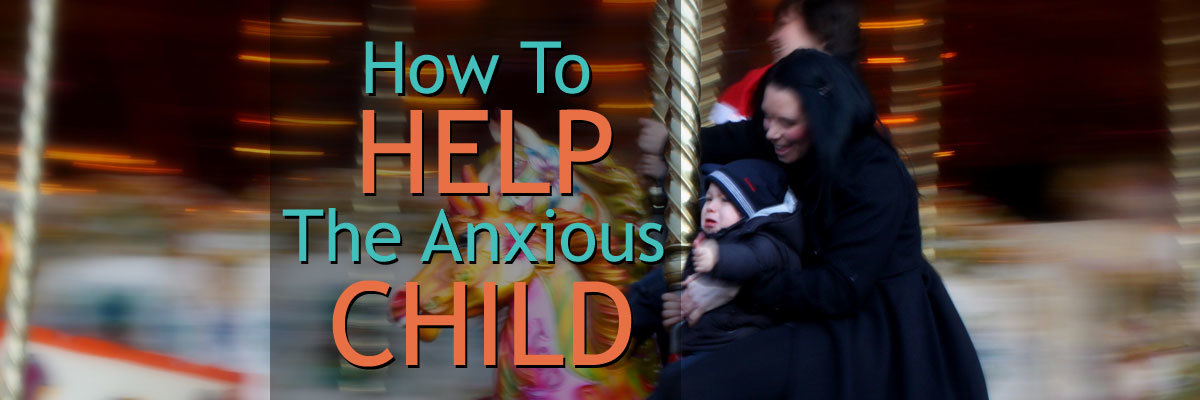Anxiety is one of the most common psychiatric disorders in the United States, with an estimated 19 million affected adults. But, the median age of the onset of anxiety is actually 11 years old. So, how is anxiety really impacting our children?
First, I think it is helpful to understand the symptoms of anxiety.
There are two main areas where we can see anxiety symptoms – in our mood and in our bodies. Anxiety is often thought of as a purely psychological state, where we might describe feeling stressed out, scared, worried, irritable, confused, unable to make a decision, unable to focus or a sense of panic. But there is most definitely a neurobiological component. That means that our anxiety also manifests itself physically.
It may help to think of anxiety as part of the infamous “fight or flight” response (more currently amended to fight, flight, or freeze). This response is part of our autonomic nervous system (ANS) – or more specifically our sympathetic nervous system (SNS).
When we experience anxiety, it creates arousal in our SNS. The SNS jumps into action by diverting blood flow away from our GI tract and skin in order to push it towards our muscles and lungs. It also dilates the bronchioles of our lungs, allowing us to take shorter breaths without sacrificing oxygenation. Our heart rate increases, Our blood pressure spikes, our pupils dilate, and our glands stop producing saliva and tears.
How we experience these changes may be a knotted, dropping or sick feeling in our stomach, tingling or pins & needles in our skin, feeling flushed or paling, a tightening of the sphincter or need to use the restroom, shortness of breath, tightness in the chest, palpitations or racing heart, shaking, loss of distinct hearing and tunnel vision.
In addition to all this, the adrenal gland releases the neurotransmitter epinephrine, which triggers an increase in the hormone cortisol. The purpose of this is to allow cortisol to turn fat into energy in preparation for a response to whatever is causing our anxiety.
But what about children, who have limited responses available to them through lack of experience, knowledge or resources? How does anxiety impact them?
It’s been well established that anxiety and depression are very closely linked, but less well known is that what they have in common is the excess release of cortisol. We may see this manifest in children as sleep problems, digestive problems, rapid weight gain or concentration impairment. They may socially withdraw, regress from established skills and act much younger than their actual age.
Over the long term, chronic stress in children has actually damaged or even atrophied the hippocampus – which is the learning center of the brain. This then creates a negative feedback loop, where the child falls behind his or her peers, experiences anxiety in response to academic and social struggle, which further impairs learning and memory, and causes more anxiety and struggle.
So, how can we help our children cope with anxiety?
In very young children, I recommend staying close and bringing along a favorite toy or comforting object when exploring new situations. Model appropriate behavior for your child, but be ready to offer comfort if they need it. Remember that toddlers and young children don’t have many skills to call upon when confronted with new and potentially frightening people and places, so keep your expectations in check.
In older children, practice deep breathing exercises or visualization techniques with them – have them consider a positive outcome as much as they are worrying about a negative one. Also, allow them to set their own boundaries and move away from a distressing situation if they need to – and if you feel the need to challenge their perception of a situation, do so gently.
Again, model behavior and language for how to cope – you are their best and most present teacher, as well as the one they most want to learn from!
No matter your child’s age, your encouragement and understanding will be their biggest support. Asking your child what their fear is and empathizing with (never ridiculing or minimizing) that fear will allow them to see you as an ally. It also opens the door to sharing your experiences and expressly modeling coping skills for them.
Just imagine what a confidence boost that is to your little one!



